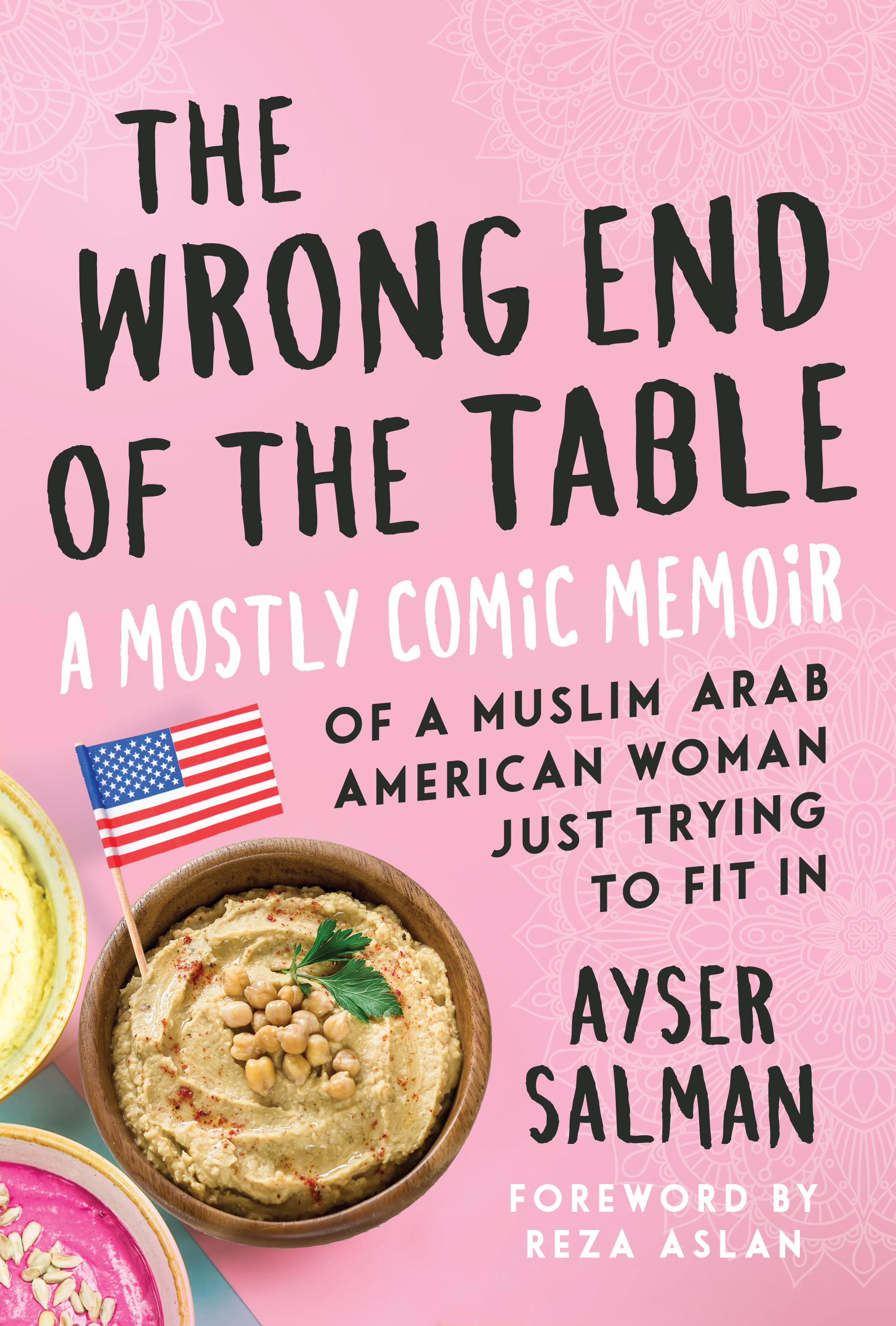
I’ve followed Wajahat Ali on Twitter for years. His astute political commentary, sense of humor, and love for his children (especially his daughter Nusayba, who fought stage-4 liver cancer and won with the help of a new liver – which was found because Dad tweeted about it! Bless that man who gave her part of his, when he didn’t have to) made him an easy and enjoyable follow. So when I learned he was coming out with a book, I added Go Back to Where You Came From: And Other Helpful Recommendations on How to Become American (WW Norton Company, 2022) to my TBR. And this week, it was finally in.
The son of Pakistani Muslim immigrants, Wajahat Ali has led an interesting life, much of which I knew nothing about. This part-memoir, part-humor writing, part-textbook on Islam in America and the immigrant and second-generation experience, introduces the reader to a world they may not understand much about. With a large extended family and frequently gossipy community, Wajahat Ali may not have always felt accepted by white America, but he kept his nose down, worked hard, and tried his best. Life fell apart, however, when his parents got caught up in some shady business deals, were arrested, and were sentenced to prison.
Instead of getting started with his adult life and heading straight to law school after college like he’d planned, Wajahat picked up his parents’ mess, attempted to take over the business (while trying to finish up school as well!), and did what he could to support his parents and try to garner more support from the outside community. The stress nearly devoured him whole; he survived, finished law school, became a playwright, a writer, and a lawyer, and became a man who, if only on the outside (anxiety and OCD solidarity, Mr. Ali!), handles himself and the challenges he faces with courage, grace, and a wicked sense of humor.
Wajahat Ali’s writing style will pull you in. When terms come up that a non-Muslim may not be familiar with, he’ll define them, but he’ll do so in a way that keeps the conversation going. Never once does he talk down to his audience, even when he knows far more about the subject than we do. He wants to engage us, to involve us in his story so that we understand the full Muslim-in-America story: what it’s like, how it feels, how white non-Muslims have affected his life (positively and negatively). How white people have ignored people like him, until they can blame him for something that someone who may have looked like him or shared his religion did – something we don’t do to white people. (As I write this on July 4th, police are frantically searching for the gunman of the Highland Park parade, which is only about 45 minutes away from me. Ten bucks said that guy had a Christmas tree in his house when he was young, and I’ll bet all my savings that we’re not going to hold all Christians or Christianity responsible for his behavior. And we shouldn’t. And the same courtesy should be extended to our Muslim brothers and sisters.)
What I’m trying to say is that this will make you think deeply about how you think of Muslims – the ones in your community, the ones you see on television, the ones in your family or friend group, if you’re lucky enough to have them. How are they portrayed in the media? Are there any ways you think about them differently than you’d think anyone else? Can you do better? (The answer here is yes. Always yes. We – and this includes me – can always do better.) This book is a great start, and it’s a great read.
I’m glad this made its way to my list, and I look forward to hearing more in the future from Wajahat Ali. I’m glad I got to enjoy his writing in longer form.









